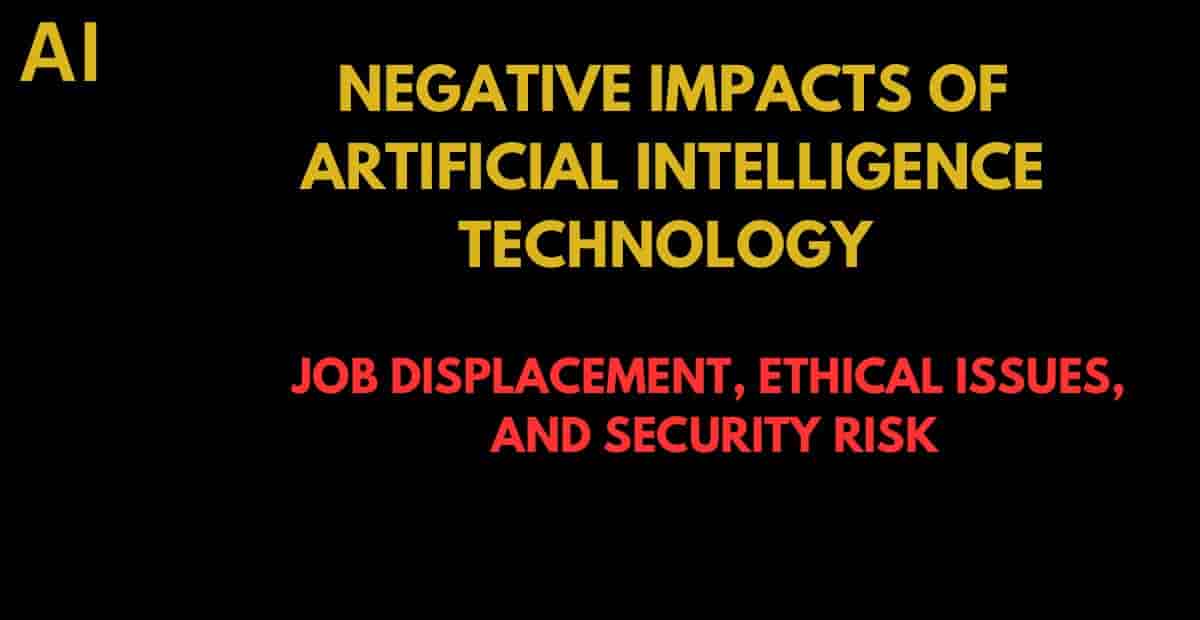Here are some top Technology Trends that benefit us in every field. The speed of technological advancement is transforming every aspect of our lives, from how we communicate to how we work, learn, and entertain ourselves. Staying updated with these trends is crucial for individuals, businesses, and governments. Technology Trend continues to evolve at a rapid pace, reshaping industries and societies worldwide. These trends offer new opportunities and challenges, from AI and 5G to quantum computing and sustainable solutions. Understanding and adapting to these trends will be essential for staying competitive in the future. Whether you’re a business leader, a student, or just someone curious about the world, keeping an eye on these technological advancements will help you navigate the next phase of the digital revolution. Here’s a detailed list of the top 10 technology trends shaping the world today.
1. Artificial Intelligence (AI) and Machine Learning (ML) Technology Trend:
AI and ML have evolved far beyond theory and experimentation. Today, they power everyday applications like voice assistants, recommendation algorithms, and smart devices. AI helps machines perform tasks that usually require human intelligence, such as understanding language, recognizing images, and making decisions. ML allows systems to learn from data and improve over time without detailed programming. This technology is revolutionizing industries like healthcare, finance, retail, and manufacturing.
2. 5G Technology Trend:
5G is the fifth generation Technology Trend of wireless communication technology, and it offers faster internet speeds, less delay, and the ability to connect many more devices at the same time. With 5G, things like self-driving cars, smart cities, and virtual reality can work smoothly together. This new network will change how we use technology, allowing us to transfer data instantly and manage large amounts of information easily.
3. Internet of Things (IoT):
The Internet of Things (IoT) is a network of physical devices that can connect and share data. This includes everything from smart homes with connected appliances to industrial systems that keep track of machines and supply chains. IoT makes things more efficient and convenient. In healthcare, IoT devices can monitor patients from afar, while in agriculture, they give real-time information about crops, soil, and weather conditions.
4. Blockchain and Cryptocurrencies:
Blockchain technology allows for secure, clear, and unchangeable transactions. It started with cryptocurrencies like Bitcoin but is now being used in other fields like supply chain management, voting systems, and safe data sharing. Cryptocurrencies are becoming more popular as a way of decentralized finance (DeFi), enabling transactions between people without needing traditional banks or middlemen.
5. Quantum Computing:
Quantum computing is a major advancement in computing power that uses the rules of quantum mechanics to do complex calculations much faster than today’s best supercomputers. Although it’s still in the early stages, quantum computers could tackle problems that regular computers can’t handle, like improving large operations, creating new materials, and helping to discover new drugs. Companies like IBM and Google are making important progress in this field.
6. Autonomous Vehicles:
Self-driving cars are now becoming a reality. Companies like Tesla, Waymo, and Uber are at the forefront of creating these cars, to make travel safer, more efficient, and easier for everyone. These vehicles use sensors, cameras, artificial intelligence, and machine learning to drive on their own without needing a human. In addition to personal cars, there are also autonomous trucks and delivery drones being developed, which could change the way logistics and shipping work.
7. Augmented Reality (AR) and Virtual Reality (VR):
AR and VR technologies are increasingly found in gaming, entertainment, education, and healthcare. AR adds digital information to the real world, while VR creates fully immersive virtual environments. These technologies improve experiences, such as virtual tours of properties and training simulations for surgeons. As hardware becomes cheaper and software gets better, AR and VR are set to become essential parts of daily life and business activities.
Visit: Google Cybersecurity Certificate Course for Students
8. Edge Computing:
Edge computing means processing data closer to where it is generated instead of depending on central cloud servers. This helps reduce delays, improves real-time data processing, and boosts efficiency, which is important for IoT devices, self-driving cars, and other applications that need quick responses. As the number of connected devices increases, edge computing is becoming essential for managing the large amounts of data they produce.
9. Cybersecurity Advances:
As the digital world expands, so do the risks of cyberattacks and data breaches. Advanced cybersecurity measures are essential to protect sensitive information from hackers. Innovations such as AI-powered security systems, encryption, multi-factor authentication, and zero-trust architecture are helping to secure networks, prevent fraud, and safeguard personal and corporate data.
10. Sustainable Technology:
As people become more aware of climate change, sustainable technology is becoming increasingly important in various industries. Companies are putting money into clean energy solutions, such as solar and wind power, electric vehicles, and energy-efficient data centers. Technologies like AI and IoT also play a role in sustainability by improving how resources are used and cutting down on waste. This trend not only helps address environmental issues but also encourages innovation and economic growth.
Visit: USIDHR Free Online Courses 2024
For more info, Please Visit Our Social Media Pages: Facebook, Twitter, LinkedIn, Instagram, WhatsApp group, Join Telegram.


